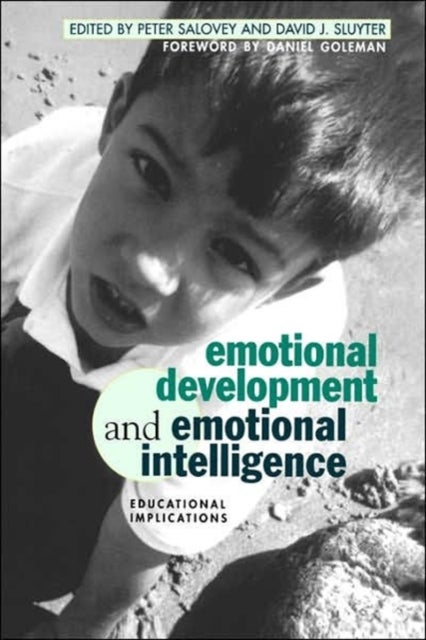
Emotional Development And Emotional Intelligence av Peter Salovey
649,-
In recent years, innovative schools have developed courses in what has been termed emotional literacy, emotional intelligence, or emotional competence. This volume evaluates these developments scientifically, pairing the perspectives of psychologists with those of educators who offer valuable commentary on the latest research. It is an authoritative study that describes the scientific basis for our knowledge about emotion as it relates specifically to children, the classroom environment, and emotional literacy.Key topics include: historical perspectives on emotional intelligence neurological bases for emotional development the development of social skills and childhood socialization of emotion. Experts in psychology and education have long viewed thinking and feeling as polar opposites reason on the one hand, and passion on the other. And emotion, often labeled as chaotic, haphazard, and immature, has not traditionally been seen as assisting reason.All that changed in 1990, when Peter








